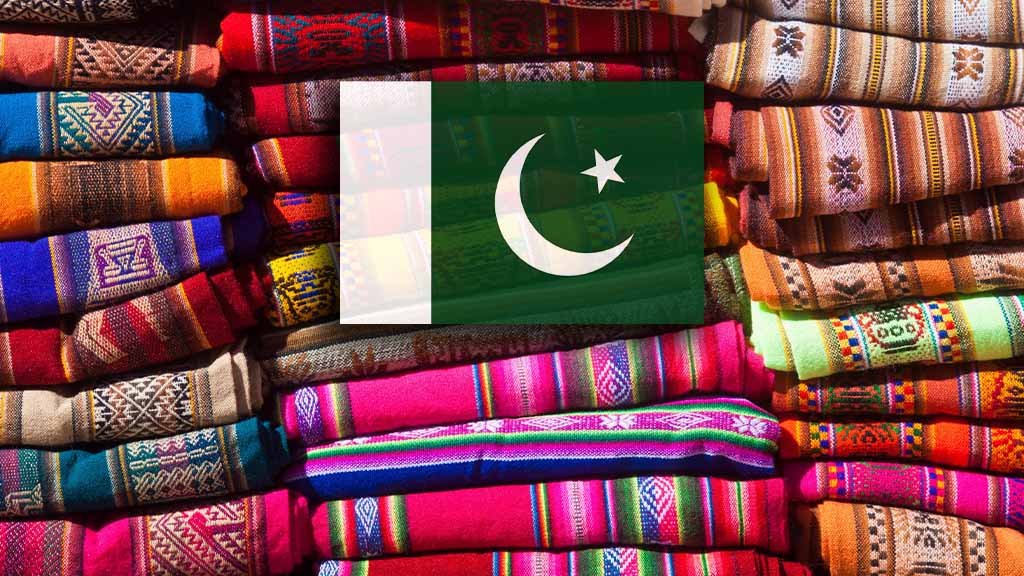Pakistan’s textile industry is confronting a significant challenge as the United States implements new reciprocal tariffs that will impact the country’s largest export destination. The US has imposed a 29% tariff on Pakistani textiles, according to a report by Topline Securities.
While Pakistan’s tariff rate is higher than India’s 26%, it remains lower than those imposed on major competitors like Vietnam, Bangladesh, and China, which face duties ranging from 29% to 46%. These tariffs come in addition to a flat 10% duty already applied to all imports, with exceptions for Mexico, Canada, and strategic goods including steel, semiconductors, and pharmaceuticals.
The US represents Pakistan’s single largest export market, accounting for 18% of total exports worth approximately $6 billion annually. Textiles constitute 75-80% of these exports, with the remainder including leather goods, surgical instruments, rice, and other products.
Major textile companies with significant US exposure include Interloop, Feroze Mills, Kohinoor Textile, Nishat Mills, and Gul Ahmed. Other sectors potentially affected include footwear, food processing, cables, steel, and cement.
Industry analysts warn that while Pakistan may gain a slight competitive advantage over some higher-tariffed countries in the US market, there’s concern that competitors might redirect their exports to Europe, intensifying competition in Pakistan’s second-largest export market and potentially squeezing profit margins for Pakistani exporters.










